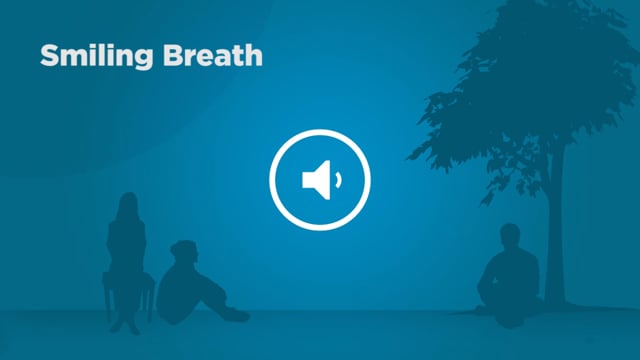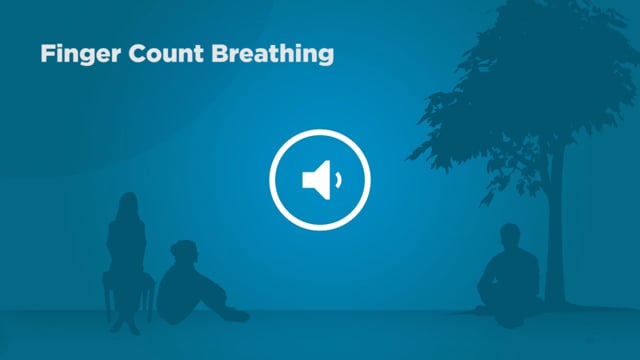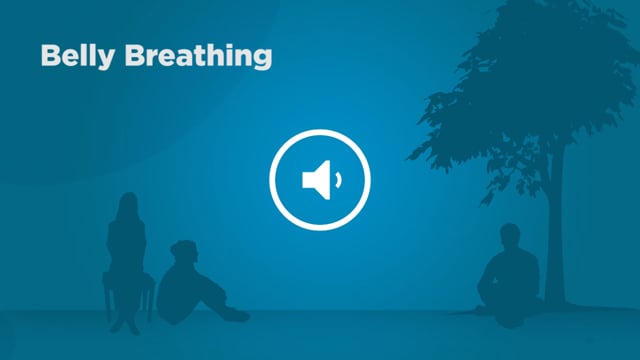What Are Headaches?
Although it may feel like it, a headache is not actually a pain in your brain. The brain tells you when other parts of your body hurt, but it can't feel pain itself.
Most headaches happen in the nerves, blood vessels, and muscles that cover a person's head and neck. Sometimes the muscles or blood vessels swell, tighten, or go through other changes that stimulate the surrounding nerves or put pressure on them. These nerves send a rush of pain messages to the brain, and this brings on a headache.
What Are the Kinds of Headaches?
The most common type of headache is a tension headache (also called a muscle-contraction headache). Tension headaches happen when stressed-out head or neck muscles squeeze too hard. This causes pain often described as:
- feeling as though someone is pressing or squeezing on the front, back, or both sides of the head
- dull
- aching
- constant
Pain that's especially sharp and throbbing can be a sign of a migraine headache. Migraine headaches aren't as common as tension headaches. But for teens who do get them, the pain can be strong enough to make them miss school or other activities if the headaches aren't treated.
One big difference between tension headaches and migraines is that migraines sometimes cause people to feel sick or even to throw up. Tension headaches typically don't cause nausea or vomiting.
Most migraines last anywhere from 30 minutes to 6 hours. Some can last as long as a couple of days. They can feel worse when someone is doing physical activity or is around light, smells, or loud sounds. Sometimes, just before a migraine happens, the person sees wavy lines or bright spots of light. This is called an aura.
What Causes Headaches?
Lots of different things can bring on headaches. Most headaches are related to:
- infections (such as ear infections, viruses like the flu or a cold, strep throat, meningitis, or sinus infections)
- stress
- dehydration
- computer or TV watching
- loud music
- smoking
- alcohol
- caffeine (people who drink a lot of caffeinated drinks might get caffeine-withdrawal headaches)
- skipping meals
- lack of sleep or sudden changes in sleep patterns
- having a head injury
- taking a long trip in a car or bus
- allergies
- some medicines (headaches can be a side effect)
- vision problems
- smelling strong odors such as perfume, smoke, fumes, or a new car or carpet
- some foods (such as alcohol, cheese, nuts, pizza, chocolate, ice cream, fatty or fried food, lunchmeats and hot dogs, yogurt, aspartame, and MSG)
For some teens, hormonal changes can also cause headaches. For example, some girls get headaches just before their periods or at other regular times during their monthly cycle.
Who Gets Headaches?
Headaches are common in people of all ages.
Migraine headaches often run in the family. So if a parent, grandparent, or other family member gets them, there's a chance you could get them too. Some people are sensitive to things that can bring on migraine headaches (called triggers), such as some foods, stress, changes in sleep patterns, or even the weather.
When Should I Call the Doctor?
If you think your headaches may be migraines, you'll want to see a doctor to treat them and learn ways to try to avoid getting the headaches in the first place. Sometimes relaxation exercises or changes in diet or sleeping habits are all that's needed. But if needed, a doctor also can prescribe medicine to help control the headaches.
You'll also want to see a doctor if you have any of these symptoms as well as a headache:
- changes in vision, such as blurriness or seeing spots
- tingling sensations (for example, in the arms or legs)
- skin rash
- weakness, dizziness, or difficulty walking or standing
- neck pain or stiffness
- fever
If you do see a doctor for headaches, he or she will probably want to do an exam and get your to help figure out what might be causing them.
The doctor may ask you:
- how severe and frequent your headaches are
- when they happen (to see if the headaches have a pattern or are connected to any specific foods or events)
- about any medicine you take
- about any allergies you have
- if you're feeling stressed
- about your diet, habits, sleeping patterns, and what seems to help or worsen the headaches
The doctor may also do blood tests or imaging tests, such as a CAT scan or MRI of the brain, to rule out medical problems.
Sometimes doctors will refer people with headaches they think might be migraines or a symptom of a more serious problem to a specialist like a , a doctor who specializes in the brain and nervous system.
It's very rare that headaches are a sign of something serious. But see a doctor if you get headaches a lot or have a headache that:
- is particularly painful and different from the kinds of headaches you've had before
- doesn't go away easily
- follows an injury, such as hitting your head
- causes you to miss school
- happens mostly in the morning when you wake up or pain awakens you from sleep
- happens along with any of these symptoms:
- changes in vision, such as blurriness or seeing spots
- tingling sensations (such as in the arms or legs)
- skin rash
- weakness, dizziness, or trouble walking or standing
- neck pain or stiffness
- fever
How Can I Feel Better?
Most headaches will go away if a person rests or sleeps. When you get a headache, lie down in a cool, dark, quiet room and close your eyes. It may help to put a cool, moist cloth across your forehead or eyes. Relax. Breathe easily and deeply.
If a headache doesn't go away or it's really bad, you may want to take an over-the-counter pain reliever like acetaminophen or ibuprofen. You can buy these in drugstores under various brand names, and your drugstore may carry its own generic brand. Read the label to see how much to take and how often. If you have any questions about how much to take, check with your doctor. It's a good idea to avoid taking aspirin for a headache because it may cause a rare but dangerous disease called Reye syndrome.
If you are taking over-the-counter pain medicines more than twice a week for headaches, or if you find these medicines are not working for you, talk to your doctor.
Most headaches are not a sign that something more is wrong. But if your headaches are intense and happen often, there are lots of things a doctor can do, from recommending changes in your diet to prescribing medicine. You don't have to put up with the pain!
-

Smiling Breath
This breathing exercise can help you lift stress or switch from a difficult mood to a more positive one.
-

Finger Count Breathing
Finger count breathing is a good way to slow down and hit your internal “pause” button.
-

Belly Breathing
When we’re relaxed, air naturally flows deeper into our lungs. Practicing belly breathing can help you create these feelings of relaxation and calm.


